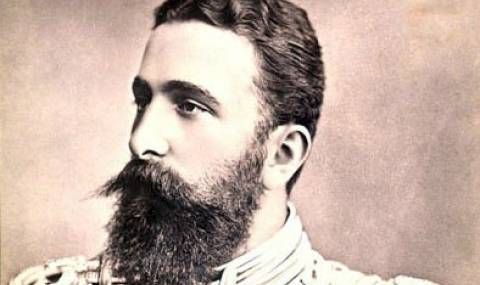On November 14 (November 2 - old style) 1885, Serbian King Milan declared war on Bulgaria, and the reason was the Union between Eastern Rumelia and Principality of Bulgaria.
Unification radically changes the balance of power on the Balkan Peninsula and provokes a reaction from all neighboring countries. Serbia is not happy because its territory remains smaller. Therefore, already on September 27 of the same year, he sent his military units to Trung. They cross the border, but are pushed back by the Bulgarian army.
Romania also says it will seek expansion in South Dobrudja. Greece mobilizes immediately and threatens to invade Turkish territory to annex parts of Macedonia as compensation.
The international community is also attracted by what is happening in the Balkans. Britain supports the Union because it sees a chance to gain ground in the enlarged Principality and at the same time to shake Russian positions in the Balkans. Russia, Austria-Hungary, Germany, France and Italy have a negative attitude to what happened in Bulgaria and want to restore the status quo from before September 6, 1885.
As a first sign of disapproval, Russia immediately recalled all its officers from the principality and ordered the Minister of War in Petko Karavelov's government, Mikhail Kantakuzin, who is also a Russian officer – to resign.
An incredible diplomatic game begins, explains Stefan Shivachev, director of the Regional History Museum in Plovdiv. Meanwhile, the Bulgarian army has been left without a command staff.
The government of Petko Karavelov from the very beginning of the events was clearly aware of the looming danger and tried to stop the impending war by diplomatic means. Negotiations are underway in St. Petersburg, Paris and London. In addition, Sultan Abdul Hamid II also informed the Great Powers about what was happening in the Balkans. From there, they advise him to react calmly and not to take extreme actions.
When Serbia attacked Bulgaria, the Bulgarian Prince Alexander II wrote a letter to the Sultan. As the head of a vassal state, he is obliged to inform him of the attack from Serbia. And according to the Treaty of Berlin, the Ottoman Empire, as suzerain, is obliged to protect Bulgaria even by sending its army into the war.
"And suddenly we see that if these minor rules are followed, the Ottoman Empire must send an army to defeat the Serbian army. And the Serbian army at the same time fought in favor of the Ottoman Empire. Right, there is no doubt that in this situation the Gate begins to think, and it thinks slowly", Prof. Valeri Kolev from the Faculty of History of the "Kliment Ohridski" SU told Bulgaria ON AIR.
"On November 9, when the Bulgarian army went on a counteroffensive, the Sultana suddenly realized that she had to wave her finger at Serbia and sent a note to King Milan that she would not allow the Bulgarian border to be violated. This is at a time when the Serbs have almost left Bulgarian territory," explains Prof. Todor Petrov from the National Museum of Military History.
On November 16, Prince Alexander the First was forced to end hostilities and stop the swift victory march on Serbian territory. The war ends with victory for the Bulgarian army. The balance is – 550 Bulgarian soldiers and officers and 700 Serbian were killed. Over 8,000 people were injured on both sides. The old borders are restored, but the Unification of the Principality and Eastern Rumelia receives international recognition. The peace treaty between Bulgaria and Serbia was concluded on February 19, 1886 in Bucharest.
